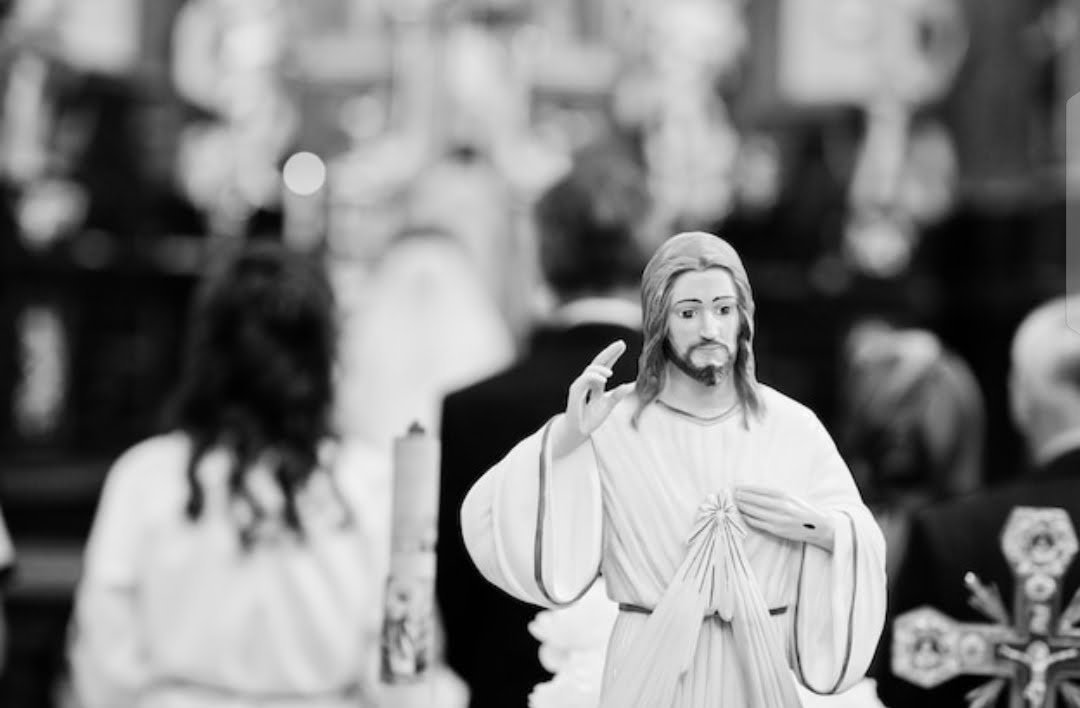Religion has been accompanying humans for thousands of years and brought different kinds of traditions, rituals, and events. Some of those religious events are well-known worldwide, while others occur seldom or in certain areas, which makes them relatively unknown to a wide audience. Herein, we will discuss some religious events that occur from time to time but remain unfamiliar to the majority. Through this article, you can learn more about different religious events.
Jubilee 2025
Perhaps one of the most key religious events is the Jubilee Year of the Catholic Church. It is celebrated once in 25 years, although special Jubilees can be proclaimed by the Pope, too. The very history of Jubilee dates back to the Old Testament when it used to be a year of forgiveness, restoration, and renewal.
The jubilees offer the rare opportunity for indulgences, and spiritual graces, of the pilgrims by visiting the holy sites in Rome. Jubilee 2025 will be one of the big religious events of Pope Francis, where millions of pilgrims will flock to Rome and get products of Jubilee 2025. Since it happens once every 25 years, many outsiders of the Catholic community would not be familiar with it. Because of its infrequency, it remains one of the lesser-known significant religious occasions in the modern world, notwithstanding that it has taken place in largely Roman Catholic traditions.
Maha Kumbh Mela
Maha Kumbh Mela, held once every 144 years, is probably the largest religious congregation anywhere in the world; however, a large number of people even within India may not be aware of its magnitude and importance. The Kumbh Mela is a Hindu pilgrimage that takes place at four sacred rivers across India where millions converge to take a dip in the holy waters, considered washing off one’s sins.
Only one in every 12 cycles of the regular Kumbh Mela is considered to be a Maha Kumbh Mela; few people outside of Hinduism are aware of this event. While modern times attract as many as 150 million people, its significance can sometimes be drowned by more globally recognized events such as Diwali.
Sukkot
Sukkot, or the Festival of Booths, is one of Judaism’s three pilgrimage festivals, yet it is by far the most unrecognizable outside of the Jewish community due to its nature, compared to a more festive holiday such as Hanukkah or Passover. Sukkot occurs each autumn and commemorates the 40 years the Israelites spent wandering around the desert immediately after their deliverance from Egyptian slavery. The sukkahs are temporary shelters that observant Jews eat in and often sleep in, during the weeklong festival, emblematic of life’s transient nature and God’s protection. Even while Sukkot happens annually, it tends to be overshadowed by more recognizable Jewish holidays; hence, it is one religious event that very few people outside of Judaism are familiar with.
Shab-e-Barat
Shab-e-Barat is a significant occasion in the Islamic calendar, especially among South Asian Muslims. It falls on the eve of the 14th day, leading over to the 15th day of the Islamic month of Sha’ban. It is a night when God offers the possibility of forgiveness to one who may so pray for. Most Muslims attend mosque services on this night to pray and to seek mercy and guidance.
Shab-e-Barat is predominantly observed in countries such as Pakistan, Bangladesh, and India, though its observance is limited in comparison with other parts of the Muslim world.
Conclusion
Rare and more frequent religious events give a glimpse into the diversities with which people express their faith and spirituality. While most, like Christmas and Ramadan, are globally well known, others hardly reach beyond their religious circles. Whether it is the once-every-25-year Jubilee or the more obscure Shab-e-Barat and Paryushana, such variety constitutes the great tapestry of human belief and devotion. As the year of Jubilee 2025 approaches, it invites us back to the reality that it is not necessarily the most apparent moments of religious celebration that are the greatest and most worthy.

